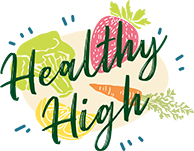Prebiotics- The “Gut Fertilizer”

Power your gut with Probiotics
May 20, 2020
Know Your Fats – The Good, Bad and Ugly
June 13, 2020
Prebiotics- The “Gut Fertilizer”
You’ve got probiotics sorted: you’re sipping kombucha, dolloping yoghurt on your brekkie and getting in all of that good bacteria. But are you giving the good bacteria the food it needs to thrive? Enter: prebiotics. This lesser known nutrition player is essential for a happy gut.
Prebiotics are made up of carbohydrates that your body can’t digest. Prebiotic fiber feed the friendly good bacteria in your gut. These help the gut bacteria to produce nutrients for your colon cells and leads to a healthier digestive system and in turn a healthy disease free body. The use of prebiotics and probiotics together is called microbiome therapy.
Good prebiotic food sources
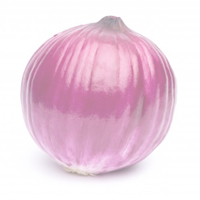
Onions
Onions are rich in inulin and FOS, which can help boost your immune system and improve digestion..
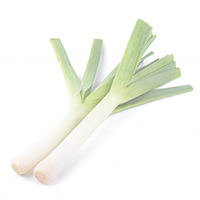
Leeks
Leeks are high in prebiotic inulin fiber and vitamin K. Hence they are beneficial to stimulate good bacteria in the gut.
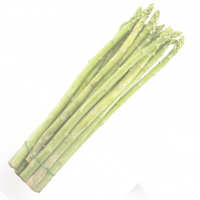
Asparagus
Asparagus is a spring vegetable rich in prebiotic fiber and antioxidants. It may help prevent certain cancers.
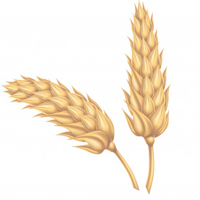
Barley
The beta-glucan in barley has been known to lower total and ldl cholesterol, and may also help lower blood sugar levels .
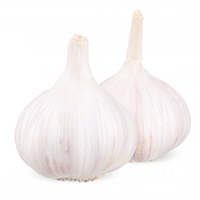
Garlic
Due to its and inulin and fructooligosaccharides (FOS) content it promotes the growth of beneficial Bifidobacteria in the gut.
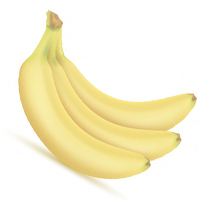
Bananas
Bananas contain small amounts of inulin. Unripe (green) bananas are also high in resistant starch, which has prebiotic effects and reduces bloating.
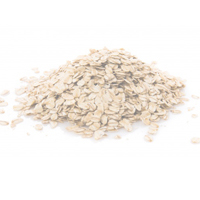
Oats
Beta-glucan from oats has been linked to healthy gut bacteria, lower LDL cholesterol, better blood sugar control and reduced cancer risk.
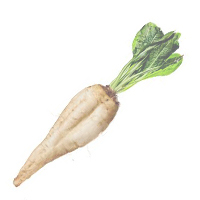
Chicory root
Chicory root is often used as a caffeine-free replacement for coffee. Its inulin fiber promotes gut bacteria, reduces constipation and helps break down fat.

Konjac root
The glucomannan fiber found in konjac helps promote friendly bacteria, reduces constipation, boosts the immune system, lowers cholesterol in the blood & helps with weight loss.
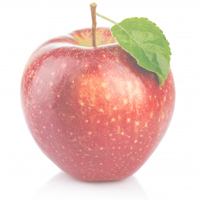
Apples
Apples contain pectin and polyphenols. Combined, polyphenols and pectin have been linked to improved digestive health and fat metabolism, decreased levels of LDL cholesterol and a reduced risk of various cancers.
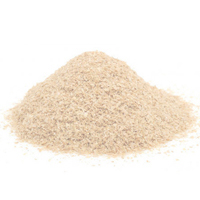
Wheat bran
Wheat bran is rich in arabinoxylan oligosaccharides (AXOS), a type of fiber that has been shown to increase healthy gut bacteria and reduce digestive problems.
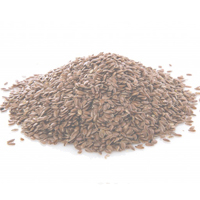
Flax seeds
Flax seeds contain mucilage gums(soluble fiber) and cellulose and lignin (insoluble fiber).The fiber in flaxseeds promotes regular bowel movements, lowers LDL cholesterol and reduces the amount of fat you digest and absorb
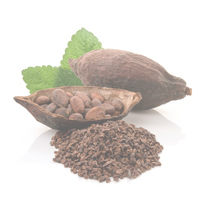
Cocoa
Cocoa contains flavanols that increase healthy gut bacteria, lower cholesterol and improve heart health.
Some of the fiber content of these foods may be altered during cooking, so try to consume them raw rather than cooked. Do yourself and your gut bacteria a favor by eating plenty of these prebiotic foods.
Prebiotics can get your gut in great shape. Regular consumption of these foods have number of health-promoting effects like reducing inflammation and symptoms associated with inflammatory bowel disease, as well as enhancing the bioavailability and uptake of minerals, including calcium, magnesium and iron. It may also help lower some risk factors for cardiovascular disease and promote satiety and weight loss.
Also, if you’re putting in the effort to eat all those great fermented, probiotic foods – you don’t want your hard work to go to waste! Do yourself and your gut bacteria a favour by including plenty of these prebiotic foods into your meals.
Let’s Chat: Share your queries or book an appointment for an online consultation on health & nutrition.